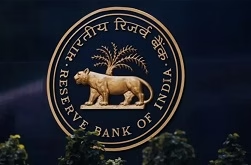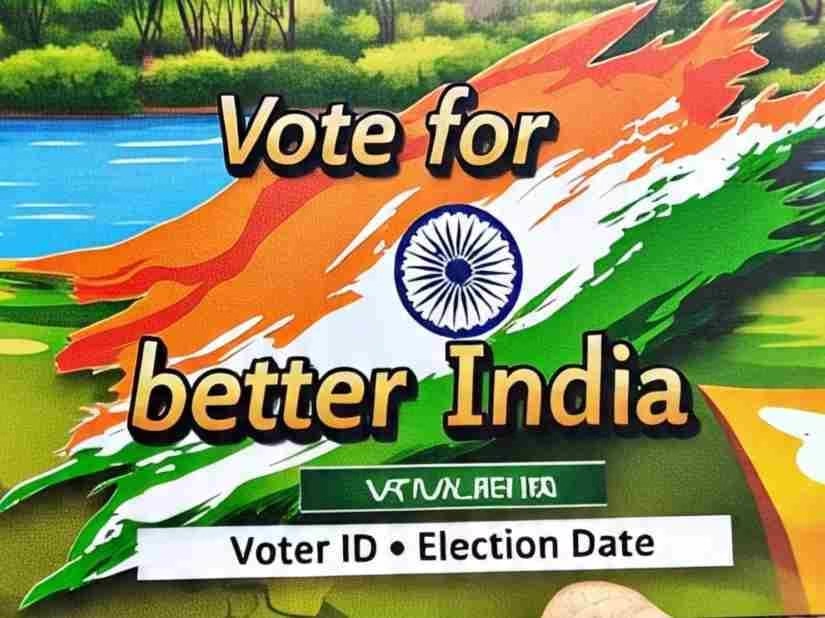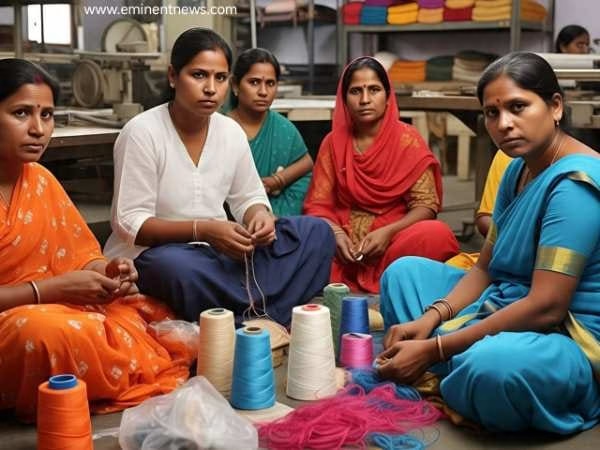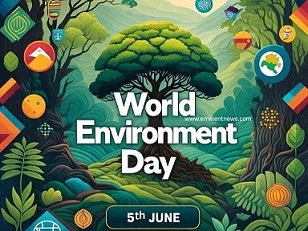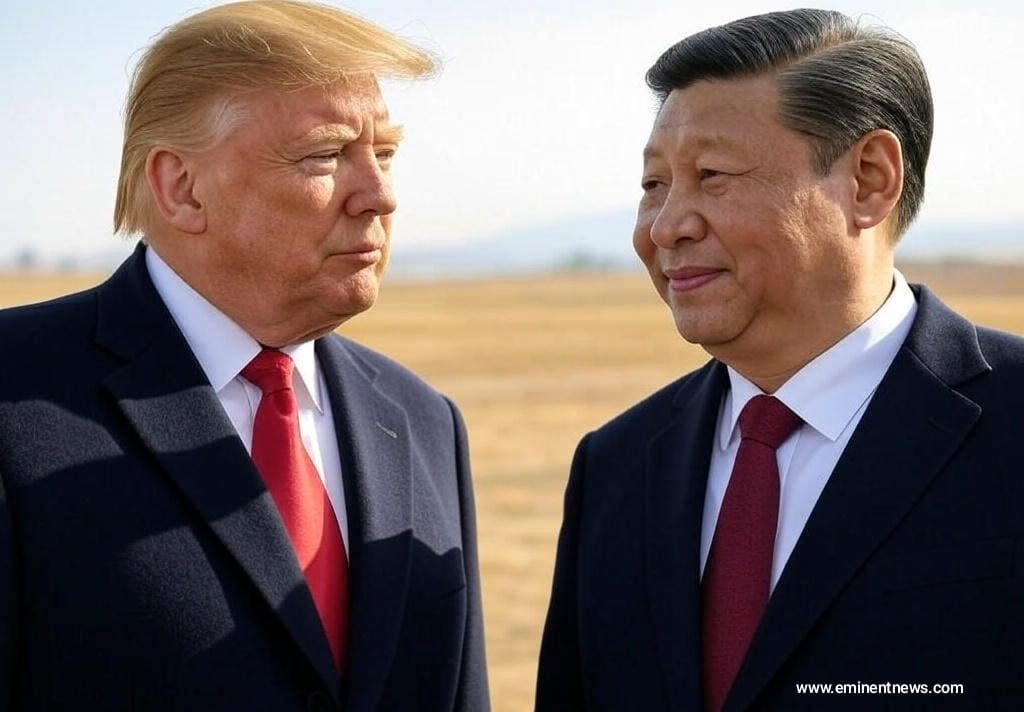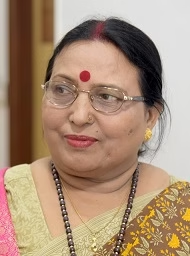“Entrenched colorism” in Indian society refers to the deep-rooted preference for lighter skin tones and the associated discrimination against individuals with darker skin. This preference affects various aspects of life, from personal relationships and marriage prospects to employment opportunities and media representation.
Manifestations of Colorism:
- Social Bias: Lighter skin is often associated with beauty, higher social status, and greater desirability . This bias is prevalent in everyday interactions and social norms, leading to discrimination against darker-skinned individuals .
- Marriage Market: Colorism significantly impacts marriage prospects, with lighter-skinned individuals often having an advantage in arranged marriages and romantic relationships . Darker-skinned women, in particular, face pressure to lighten their skin and may encounter difficulties finding partners .
- Media Representation: Indian media, including films, television shows, and advertisements, often portray lighter-skinned actors and models as the ideal of beauty . This reinforces the notion that fair skin is more attractive and desirable, perpetuating colorism .
- Cosmetic Industry: The demand for skin-lightening products is high in India, with numerous creams and treatments marketed to lighten skin tone . This multi-billion dollar industry thrives on the insecurities created by colorism, promising to enhance one’s social and economic prospects through fairer skin .
- Employment Opportunities: While less overt, colorism can influence employment opportunities in certain sectors, such as entertainment, hospitality, and customer-facing roles, where lighter-skinned individuals may be preferred .
- Caste and Color: Historically, there has been a correlation between caste and skin color, with upper castes often being depicted as fairer-skinned . This historical association has contributed to the perpetuation of colorism in Indian society, where lighter skin is sometimes linked to higher social status .
Impact of Colorism:
- Psychological Effects: Colorism can have significant psychological effects on individuals, leading to low self-esteem, body image issues, and feelings of inferiority, especially among those with darker skin .
- Social Inequality: Colorism perpetuates social inequality by creating barriers to opportunities and reinforcing discriminatory attitudes based on skin color .
- Cultural Reinforcement: The media, cosmetic industry, and social norms continue to reinforce colorism, making it a deeply entrenched issue in Indian society .
Efforts to Combat Colorism:
- Awareness Campaigns: There have been efforts to raise awareness about the harmful effects of colorism and challenge the preference for lighter skin .
- Body Positivity Movements: Body positivity movements and campaigns promoting inclusivity aim to celebrate diversity in skin tones and challenge conventional beauty standards .
- Legal Measures: Some legal measures have been taken to regulate the advertising of skin-lightening products and address discriminatory practices based on skin color .
Despite these efforts, colorism remains a significant issue in India, requiring ongoing awareness, education, and social change to dismantle the deep-rooted biases and promote equality for all skin tones.








